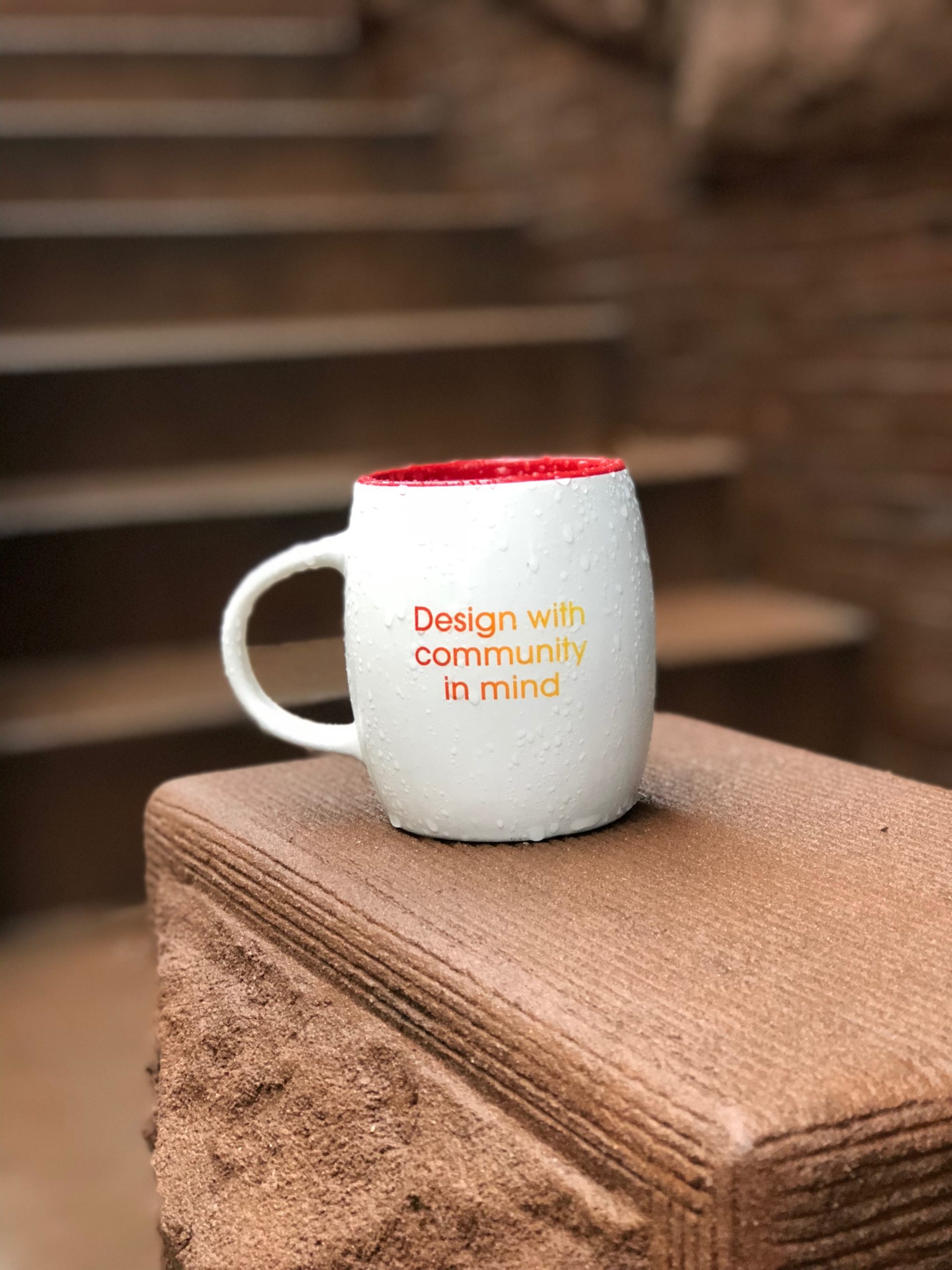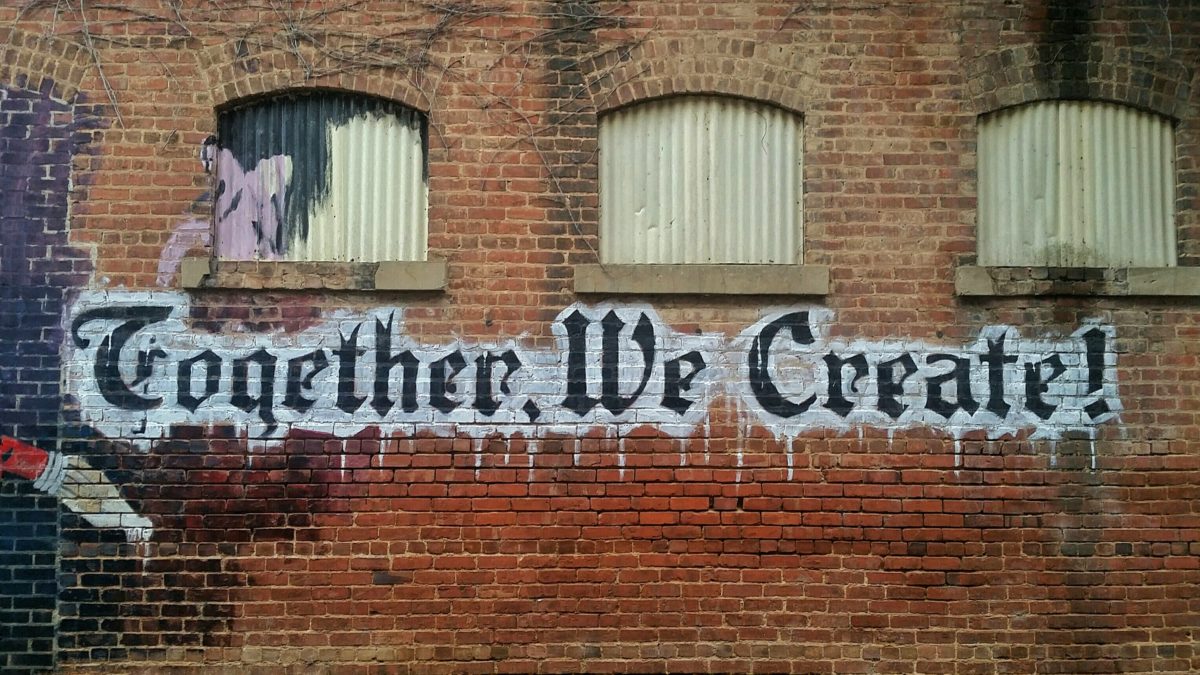Transforming How We Build Community in the 21st Century

In a word, all of those boil down to community. The iconoclastic, independent entrepreneur exists only in the fiction of Silicon Valley hagiographies. Real leaders come with teams, or they lead nothing at all. And at Lean Startup Co. our values are embedded in every decision we make.
“The iconoclastic, independent entrepreneur exists only in the fiction of Silicon Valley hagiographies. Real leaders come with teams, or they lead nothing at all.” -@heather_mcgough Share on X
As we strive to bring community together, that now begs the question: Are communities growing closer together or further apart? That simple ask brings back an astoundingly varied array of answers. No matter how you define your own personal or business community as it stands today, the way you approach community building in the days ahead will make all the difference in the world. It doesn’t matter if it is your private network, your organization’s digital ecosystem or your nation’s global supply chain. The same rules apply.
Although striving for a better life for our chosen community was baked into the Lean Startup methodology from day one, digital transformation and the proliferation of almost compulsively engrossing technologies tend to push each one of us into our own siloed little universe. As connectivity intensifies, the world grows smaller, and still opportunities for community-building are disappearing.
We connect, but we don’t always feel a connection. We expand our networks according to shared interests, but we tend to tune out uncomfortable realities. In worst case scenarios, which have grown all too common, we end up surrounding ourselves with people just like us and lose the richness of a vibrant, diverse, and very real community.
Lean Startup Co. is dedicated to not letting that happen. In the previous article, we discussed our first five values, centered on creating the ideal workplace of the 21st century. Today, we will round out that topic with four more Lean Startup Co. values dedicated to fostering community.
Our beliefs, behaviors, actions, decisions and expectations are wholly guided by the following values as they represent the four cornerstones of our culture.

Empower people with the skills needed to create economic opportunities for their communities.
Lean for urban planning: Just as hospitals save individual lives, economic development saves the lives of entire communities. Alison Gold, Assistant Director for Knowledge & Impact at the Living Cities project brought in Lean Startup to help solve some of the most complex social and economic problems known to humanity. Many of their smart, committed partners struggled to achieve their goals due to lack of community trust, resilience, and ongoing commitment to problem-solving. She used the iterative Build-Measure-Learn cycle to test hypotheses and devote resources to the most effective problem-solvers in her larger community.
Use science and metrics to be daring, learn from failure and be accountable.
Lean for responsible data usage: It’s hard to have a conversation about Netflix without ending up on the subject of data. It was actually their customer-centricity driven by data analytics, and not their streaming tech, that drove Blockbuster and brick-and-mortar video stores into history. In their early years, nobody believed Netflix had a shot at redefining the home entertainment industry. It was the dedication to experimentation, learning from uncomfortable answers, and believing in their metrics that built the empire they now enjoy.
“It was actually @netflix’s customer-centricity driven by data analytics, and not their streaming tech, that drove Blockbuster and brick-and-mortar video stores into history.” -@heather_mcgough Share on XCreate jobs and reduce negative impacts on the environment.
Lean for green advocates: Julian Rockwood of Mightybytes wanted to make it easier for every digital builder or maker to know precisely where they stood in terms of sustainability and environmental impact. Their company wanted to offer suggestions on how to dial back consumption, eliminate waste, and conserve energy on a massive scale. They relied on Lean Startup Co. frameworks to assemble code and pattern libraries, boilerplates, bootstraps, API’s, and open source code so that tech companies would no longer have to waste hours writing custom CSS. The results are measured in reduced energy consumption across the board and all over the planet.
![]()
Challenge the status quo by using a methodology for the long-term thinking, needed in a fast-changing world.
Lean for social good: A lean startup doesn’t always mean a lean business. Many people are surprised to learn that commercial interests are secondary for startups dedicated to making the world a more livable place as a gift to future generations. Legacy building always beats profiting in the bigger picture. That’s why non-profits often have the most to gain from adopting Lean Startup principles. It’s been true for organizations from TechSoup to the Grameen Foundation to the Acumen Fund. In a fast-changing world, the only reward for being short-sighted is to be forgotten.
“Legacy building always beats profit taking in the bigger picture.” -@heather_mcgough Share on XConservation Respects Community
This concludes the nine values that guide us, but it only begins to tell the story of what motivates us at the Lean Startup Co. Eric Ries summed it all up in a just few words, true to the Lean Startup principle of parsimony, by saying simply, “Lean startups can be the most capital efficient companies in the world, because they strive to prevent energy from being expended uselessly. Human talent, passion, and wisdom is too precious a commodity to allow it to be wasted.”
Thanks to Heather McGough for contributing this piece. If you seek to bring the entrepreneurial spirit to your organization, Lean Startup Co. can help.
